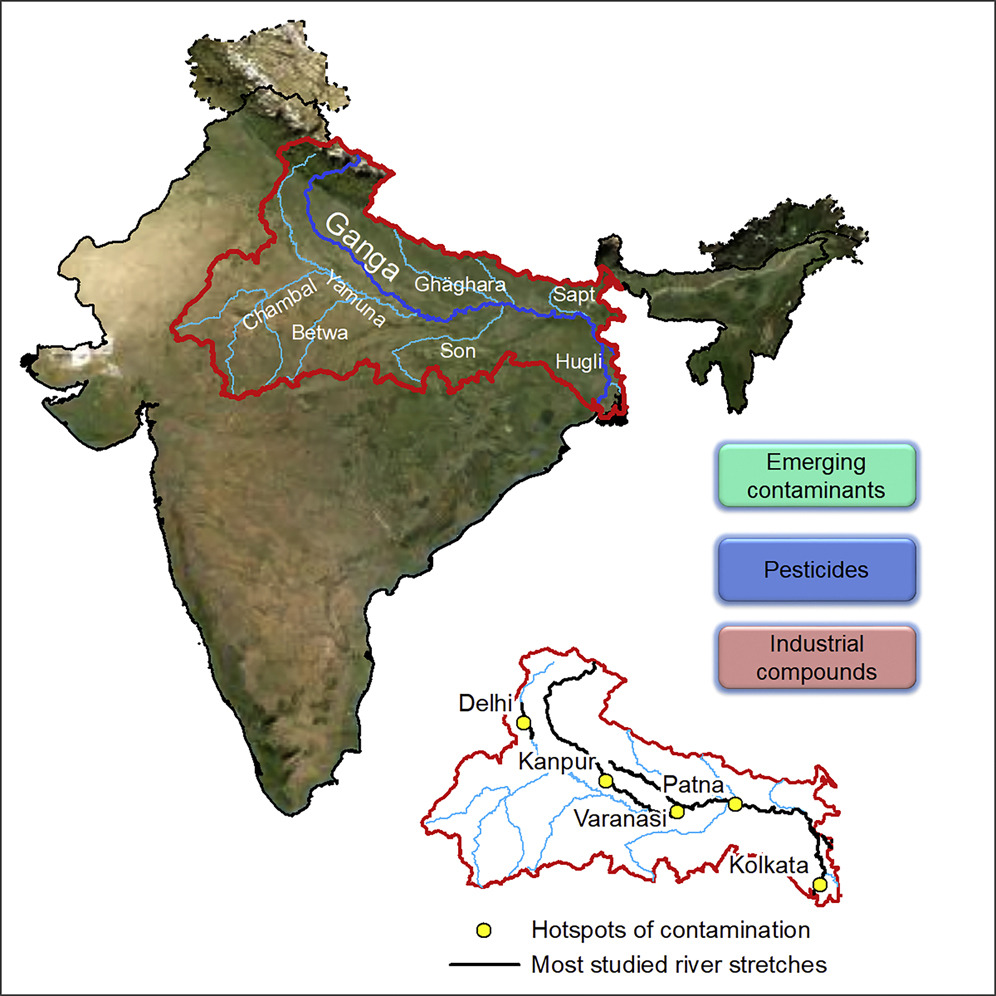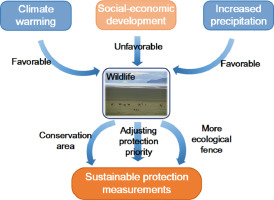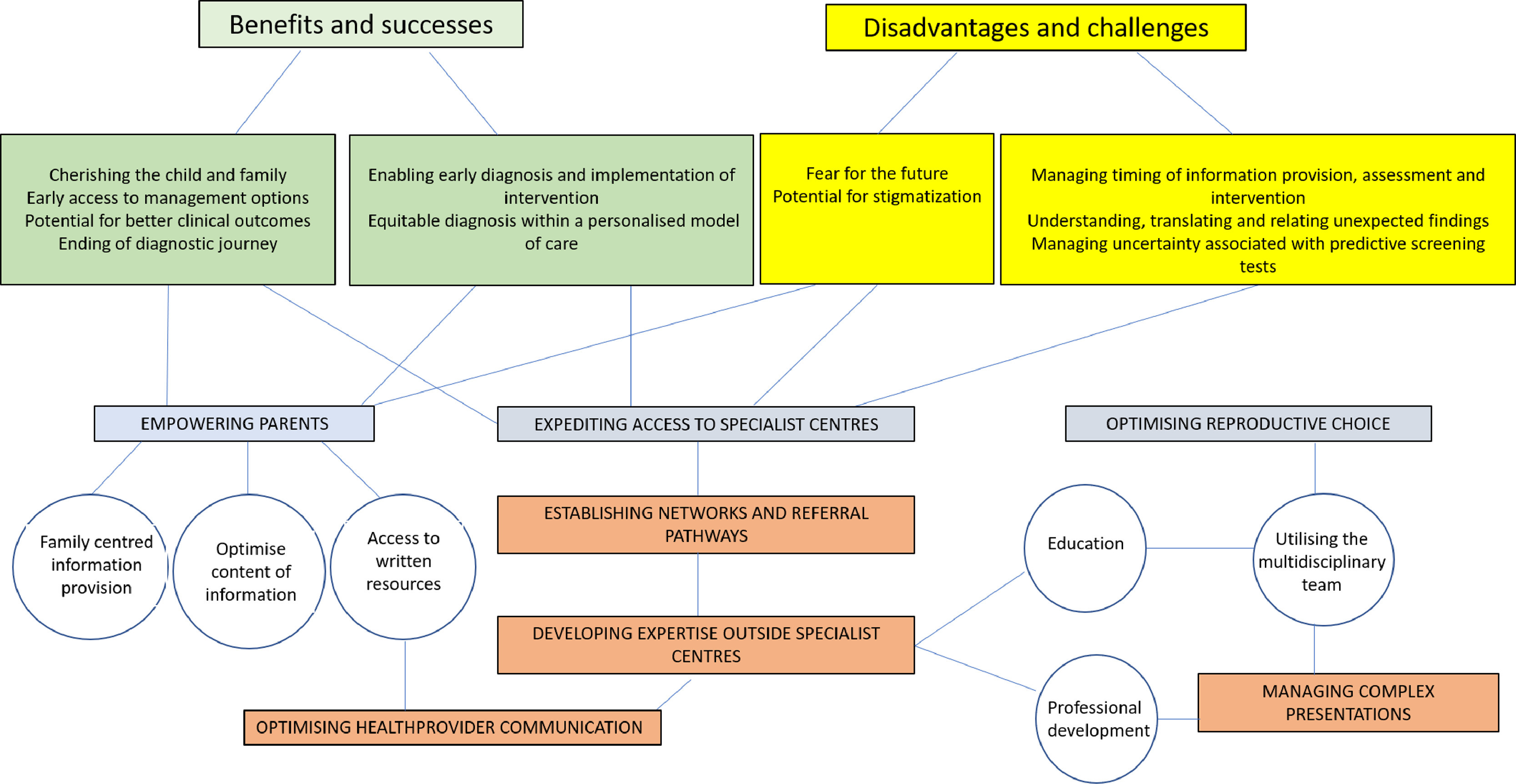The COVID-19 pandemic has stalled and rolled back progress on Sustainable Development Goals (SDGs). Ecosystem services (ESs), defined as the contributions of ecosystems to human well-being, underpin the achievement of SDGs. To promote SDG achievement in post-pandemic era, we teased out the links between ESs and SDGs while examining the impact of COVID-19. We found that ESs benefited all SDGs, yet man-made pressures led to degradation of ecosystems and their services. There is broad consensus that the virus lurks in degraded ecosystems and generates spillover due to human interference.
Implementation of the effective mitigation scenarios discussed in the article might help China, as a signatory to the 2015 United Nations Framework Convention on Climate Change (Paris Agreement), to achieve a 30% reduction in crop yield-scaled N2O emissions by 2030.




